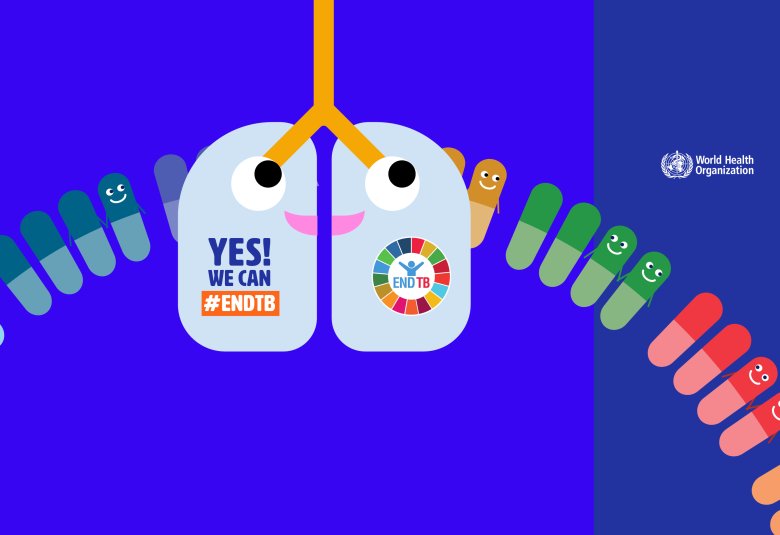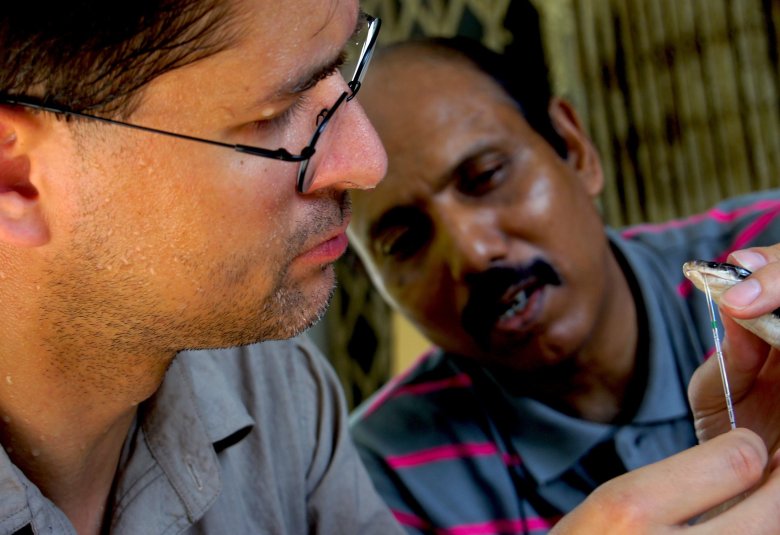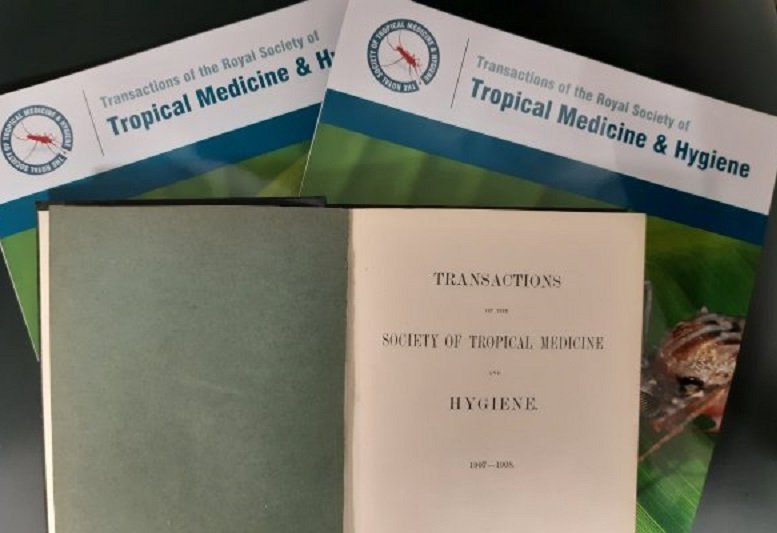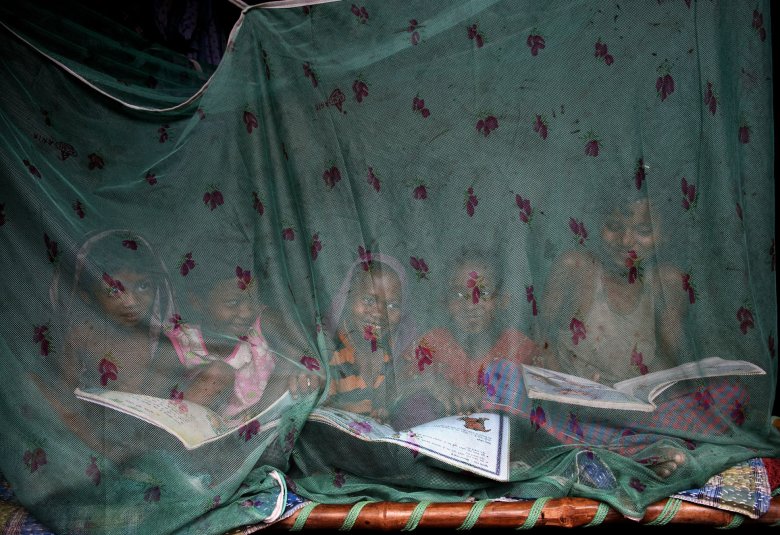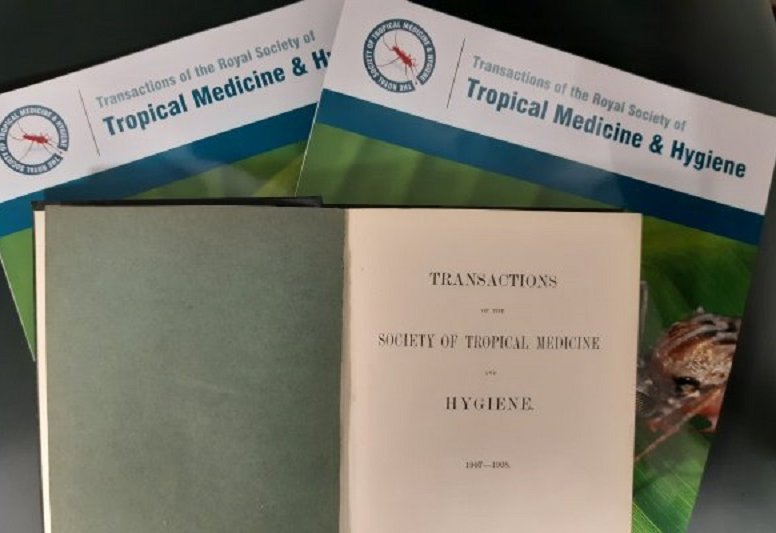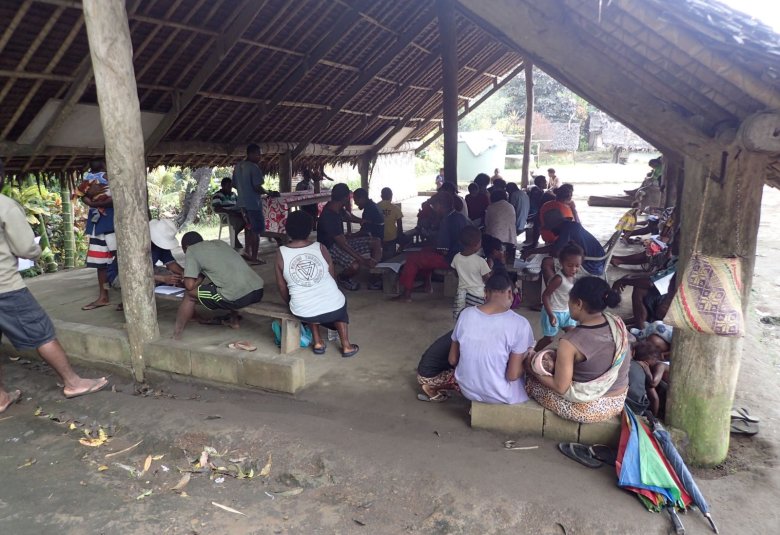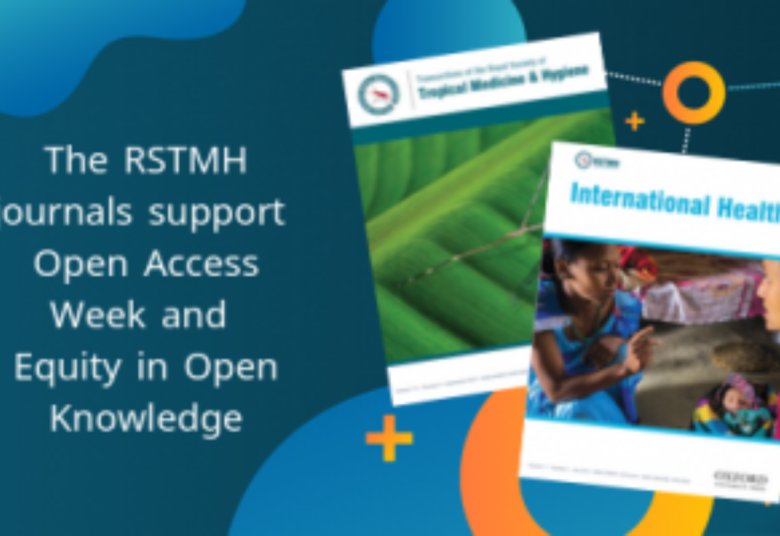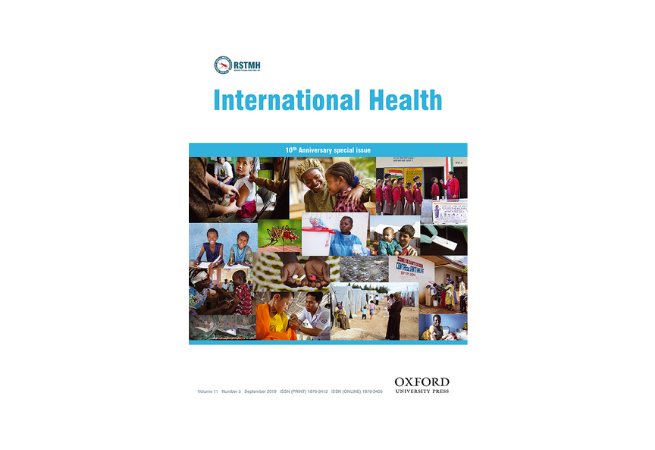The battle against viral hepatitis
In sub-Saharan Africa, chronic infection with the hepatitis B virus (HBV) is a profoundly important public health issue characterised by high prevalence, frequent co-infection with HIV, and sub-optimally applied ascertainment and management strategies.
World Hepatitis Day on 28 July is both a chance to celebrate the progress made in sub-Saharan Africa and an opportunity to focus on the action now needed to reverse the increasing tide of disease. There are multiple fronts on which the battle against viral hepatitis must be fought.
- We need to gain accurate epidemiological data on chronic viral hepatitis in sub-Saharan Africa so that the scope of the problem is properly understood and appropriate resources can be engaged.
- We must increase HBV vaccination.
- We must stop transfusion of infected blood.
- We must stop the reuse of needles in healthcare settings.
- HIV programmes should transition to universal screening for HBsAg and offer co-infected patients antiretroviral regimens that are active against both HIV and HBV.
- We must expand testing and treatment for HBV in other settings. Much remains to be done concerning the diagnosis and management of chronic HBV in populations without HIV.
The example of HIV patient groups pressing policy-makers to engage with the scientific evidence and deliver access to lifesaving treatment demonstrates the power of informed patients engaging in the political arena. Effective treatments for HBV (and hepatitis C) exist but currently, high costs prohibit widespread access to treatment to all but a minority in sub-Saharan Africa. The incredible progress made in expanding access to HIV treatment must inspire campaigns for a similar commitment to universal access to treatment for viral hepatitis.
There is hope that with concerted action, prevention of transmission and reversal of the rising tide of liver-related morbidity is an achievable goal in sub-Saharan Africa. Collaborative action among epidemiologists, patient advocacy groups, research funders, public health doctors, policy-makers, physicians and patients will be essential to make this aspiration a reality for millions affected with viral hepatitis.
The full Editorial from Alexander J. Stockdale and Anna Maria Geretti (Institute of Infection & Global Health, University of Liverpool) was published in the July issue of Transactions and is freely available here.
To support World Hepatitis Day, RSTMH is making three papers freely available until 31 July 2015. These three research papers support the key messages outlined above: re-enforcement and promotion of HBV awareness, screening and vaccination to prevent and control hepatitis B.
- Hepatitis B and C seroprevalence among health care workers in a tertiary hospital in Rwanda
- Hepatitis B vaccination of healthcare workers at the Princess Marina Hospital, Botswana
- Hepatitis B and C: neglected diseases among health care workers in Cameroon
Why not join RSTMH to get access to the full archive of 108 years' of scientific papers? You'll also get discounted rates on all our scientific meetings and a chance to shape the future of the charity with your vote.


